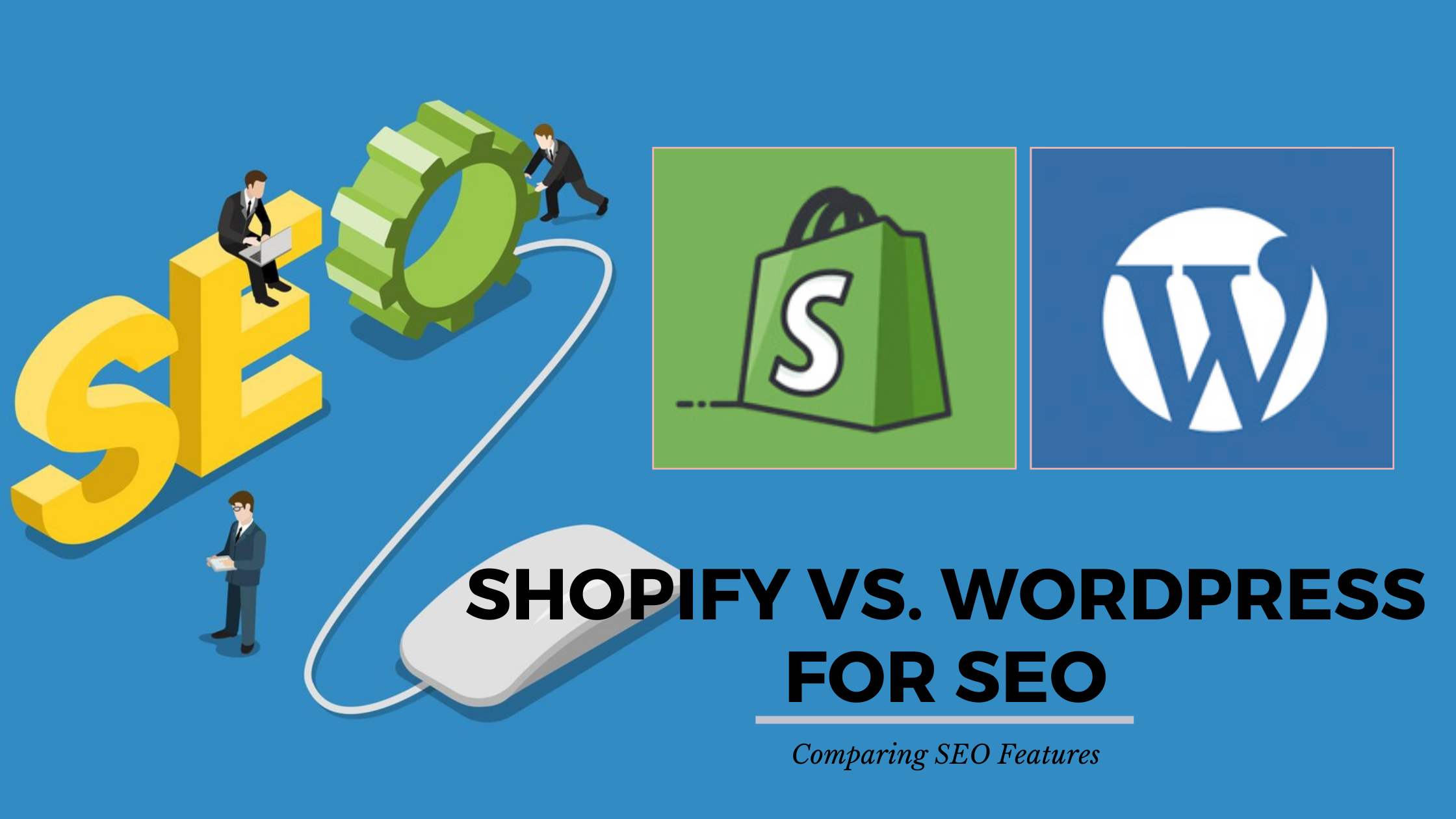Shopify vs. WordPress for SEO: Comparing SEO Features


Shopify vs. WordPress for SEO: Comparing SEO Features
When it comes to building an online store or website, two platforms often come to mind: Shopify and WordPress. Both platforms offer unique features and benefits, but how do they stack up when it comes to SEO? Let’s dive in and compare the SEO features of both platforms.
Shopify SEO Features
Shopify is a popular e-commerce platform that allows you to create an online store and sell products1. It’s known for its ease of use, making it a great choice for beginners. Here are some of its SEO features:
- Built-in SEO features: Shopify has built-in SEO features that make it easy for you to optimize your site for search engines2.
- Automated XML sitemap generation: Shopify automatically generates an XML sitemap for your store, which helps search engines understand the structure of your site and index it more effectively2.
- URL structure: Shopify’s URL structure is clean and easy to understand, which is beneficial for both users and search engines2.
- Mobile optimization: Shopify themes are mobile-optimized, which is crucial for SEO as more and more people are using mobile devices to shop online1.
- Speed and performance: Shopify stores typically load quickly, which is a key factor in SEO1.
Relevant SaaS products for Shopify include AutoDS3, EcomDash4, DSM Tool5, and Social Rabbit Plugin6.
WordPress SEO Features
WordPress is a powerful content management system (CMS) that allows you to build a wide range of websites, from blogs to e-commerce stores7. Here are some of its SEO features:
- Yoast SEO plugin: This is one of the most popular SEO plugins for WordPress. It offers a comprehensive set of SEO tools, including keyword optimization, readability check, and more8.
- All in One SEO Pack: This is another popular SEO plugin for WordPress. It offers features like XML sitemap support, Google Analytics support, and more8.
- Flexibility and control: WordPress gives you more control over your SEO settings compared to Shopify. You can add custom features and have more control over your site’s code2.
- Large community and resources: WordPress has a large community and a wealth of resources available, making it easier to find help and information about SEO7.
Relevant SaaS products for WordPress include ClickFunnels9 and Social Rabbit Plugin6.
Conclusion
Both Shopify and WordPress offer robust SEO features. Shopify is a good choice if you want an e-commerce platform that is easy to use and has built-in SEO features2. On the other hand, if you want more control over your SEO settings and want to add custom features, then WordPress might be a better option2.
Ultimately, the choice between Shopify and WordPress for SEO will depend on your specific needs and circumstances. It’s recommended to explore both platforms and see which one aligns best with your SEO goals.
Relevant links:








